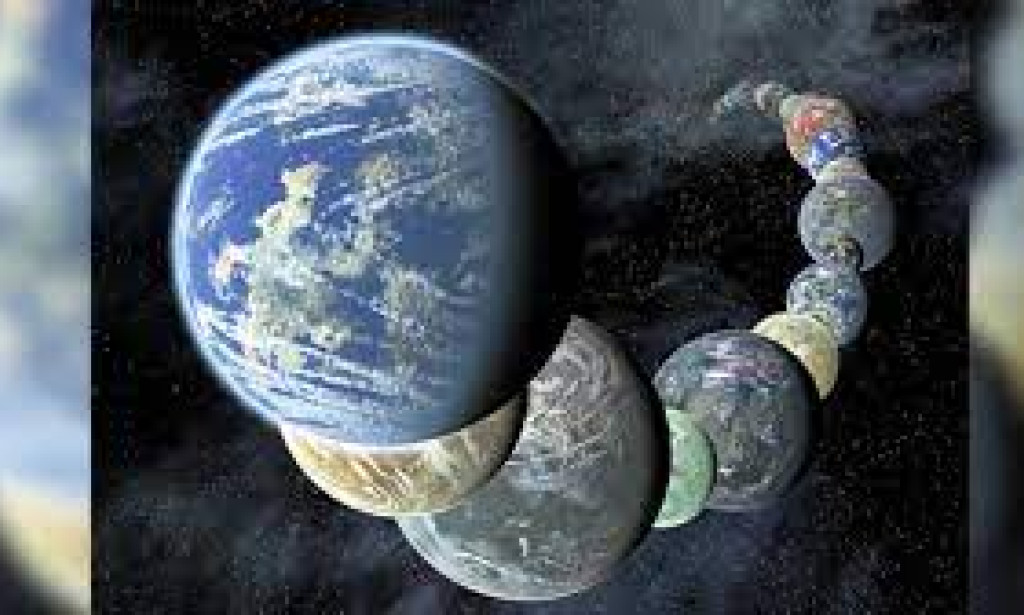It is currently unclear whether the universe was created or not. However, if we assume that the universe was not created, then there may only be two possible options to explain its existence.
One possibility is that the universe is eternal and has always existed. This view has been suggested by some ancient philosophers and more recently by some contemporary physicists. According to this view, the universe itself is uncreated and eternal, and it has existed in some form or another since the beginning of time.
Another possibility is that the universe arose from nothing or through some natural process. This view has been proposed by some theoretical physicists and cosmologists, who suggest that the universe may have emerged from a vacuum state, or that it may be the result of some natural process like inflation or the collision of branes.
Both of these possibilities are currently the subject of ongoing scientific research and philosophical debate. While some scientists and philosophers may favor one explanation over the other, there is still much that we do not know about the origins of the universe.
In any case, the question of whether the universe was created or not is an important one, as it has implications for our understanding of the nature of the universe and our place within it. Regardless of the answer, however, we can continue to explore and learn more about the universe through scientific observation and investigation.
Ultimately, the question of the universe's existence may remain a mystery that we may never fully understand. Yet the search for answers may still lead to important discoveries and a deeper understanding of the forces and processes that govern our universe.



You must be logged in to post a comment.